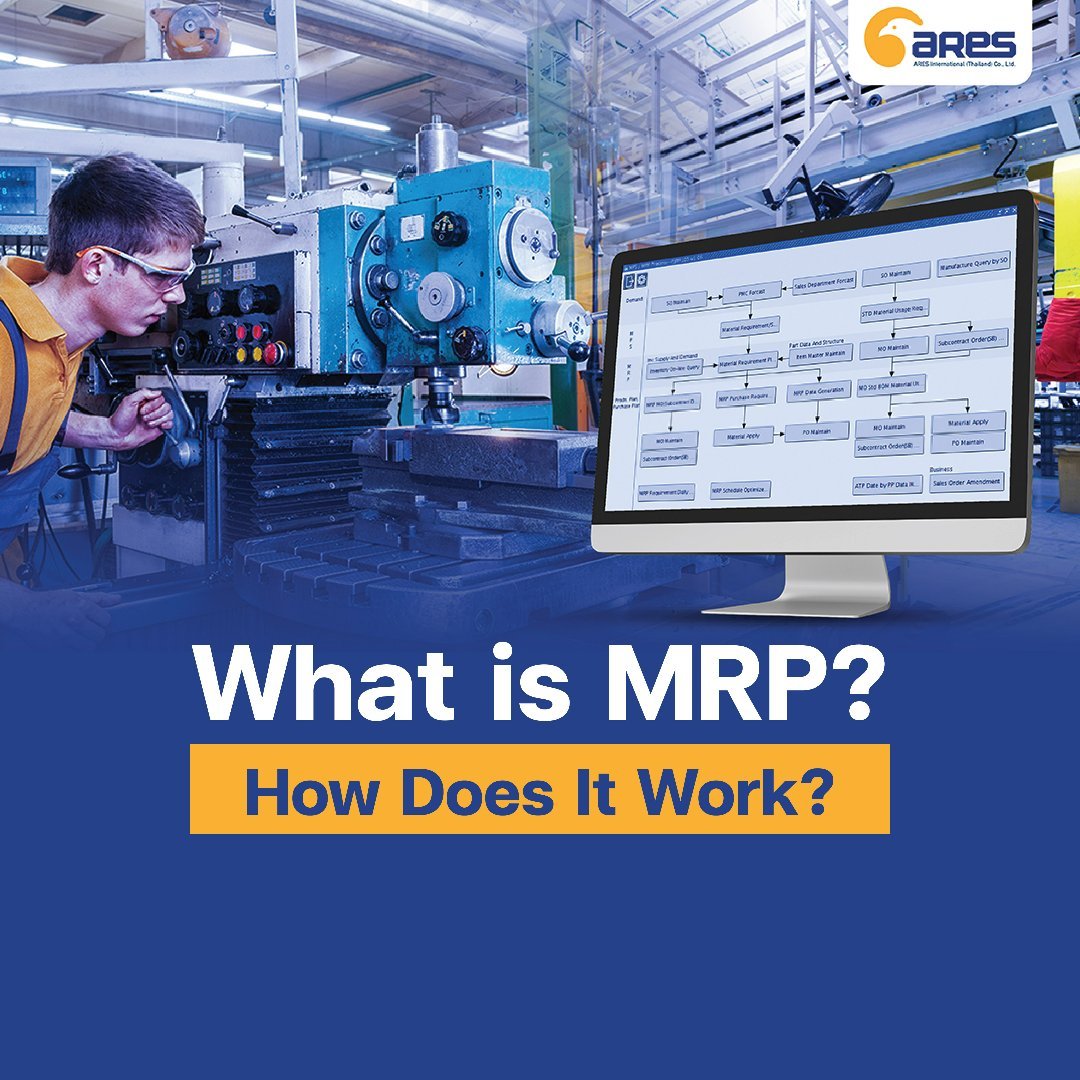What is a BOM and How Does an MES System Manage It?
In the process of producing a single product, the allocation of materials and production time is a critical factor that business owners must carefully plan and manage before starting production. Various tools can be employed to calculate and record product information, and the Bill of Materials (BOM) is one such tool developed to enhance production efficiency and speed.
Today, we will introduce the meaning, importance, and components of a BOM and recommend a system that can elevate the management of the BOM to meet customer demands effectively.

What is a Bill of Materials (BOM)?
A Bill of Materials (BOM) is a comprehensive list of materials, production formulas, or product structures used in the production of a single product. It details the product components, material quantities, production sequence, required raw materials, and production time. A BOM enables business owners to manage and plan production more efficiently.
Why is a BOM important for Your Business?
By breaking down the product details with a BOM, business owners can manage production and factory operations more effectively, bringing several benefits such as:
-
Transparency:
Traditionally, human-driven factory management could lead to errors and a lack of transparency, especially when calculating costs and machine usage. A BOM minimizes such gaps by accurately recording material data and calculating costs, ensuring transparency and secure data storage for future reference. -
Accuracy in Production:
Accurate production management is crucial, and using a BOM to specify material types, quality, and quantities allows for better planning of material orders, reducing risks of shortages or waste and contributing to efficient production and quality control. -
Inventory Management:
A BOM helps manage inventory, control budgets, and set production timelines, enabling the evaluation and improvement of production processes and avoiding material shortages or overstocking. -
Maintenance of Machinery:
A BOM allows factory staff to track the usage history of parts, plan preventive maintenance, and reduce downtime by quickly identifying damaged components, ensuring timely spare part orders. -
Adapting to Product Changes:
A BOM can be easily updated if product designs or orders change, helping factories adapt to new designs and production requirements smoothly and efficiently.

8 Important Components of a BOM

To provide a clearer view of product information and the production process, factories should record all component details. Here are the eight key components:
- Part Number: The unique ID or number that identifies each component in the production process.
- Part Name: The name of the component, helping to reduce errors in selecting materials.
- Description: Additional details about each component to aid in identification.
- Quantity: The required quantity of each material, ensuring accurate budgeting and material availability.
- Unit of Measure: The measurement unit for each part, enhancing production accuracy and quality control.
- BOM Level: The hierarchical structure of components, aiding in understanding the production process at different levels.
- Price: The cost of each part, allowing for easier cost calculation, pricing, and profit determination.
- Method of Procurement: Information on whether parts are produced in-house or sourced from external suppliers.

How MES System Work with BOM?
A Manufacturing Execution System (MES) is an operational system installed to transform traditional factories into smart factories. It covers everything from production planning, material allocation, and process control.
Many may wonder how an MES system aids in managing a BOM. MES serves as a key tool for recording and tracking real-time product data. The ciMES system assists in BOM management by handling functions such as order recording, product pricing, material calculations, and machinery selection. Key functions include:
- WIP Tracking
- Production Monitoring
- Management of Production Elements
- Production Job Instructions
- Production Standard Recommendations
For detailed information on installing ciMES for full BOM management, feel free to contact us.

Conclusion: Implementing BOM in the Factory Production Process
A Bill of Materials (BOM) is more than just a list of materials; it is a critical factor in the production process that helps factories maintain consistent product standards, reduce production errors, and control costs for long-term business growth.
ARES is a software installation company with over 40 years of experience across various industries. We specialize in MES Software Thailand, enhancing your business's production capabilities.
Contact us
For a demo, please contact us at Contact Us or for further inquiries:
Phone: 0633253640 or 02-6863000 ext. 3042
Email: support@aresth.co.th




